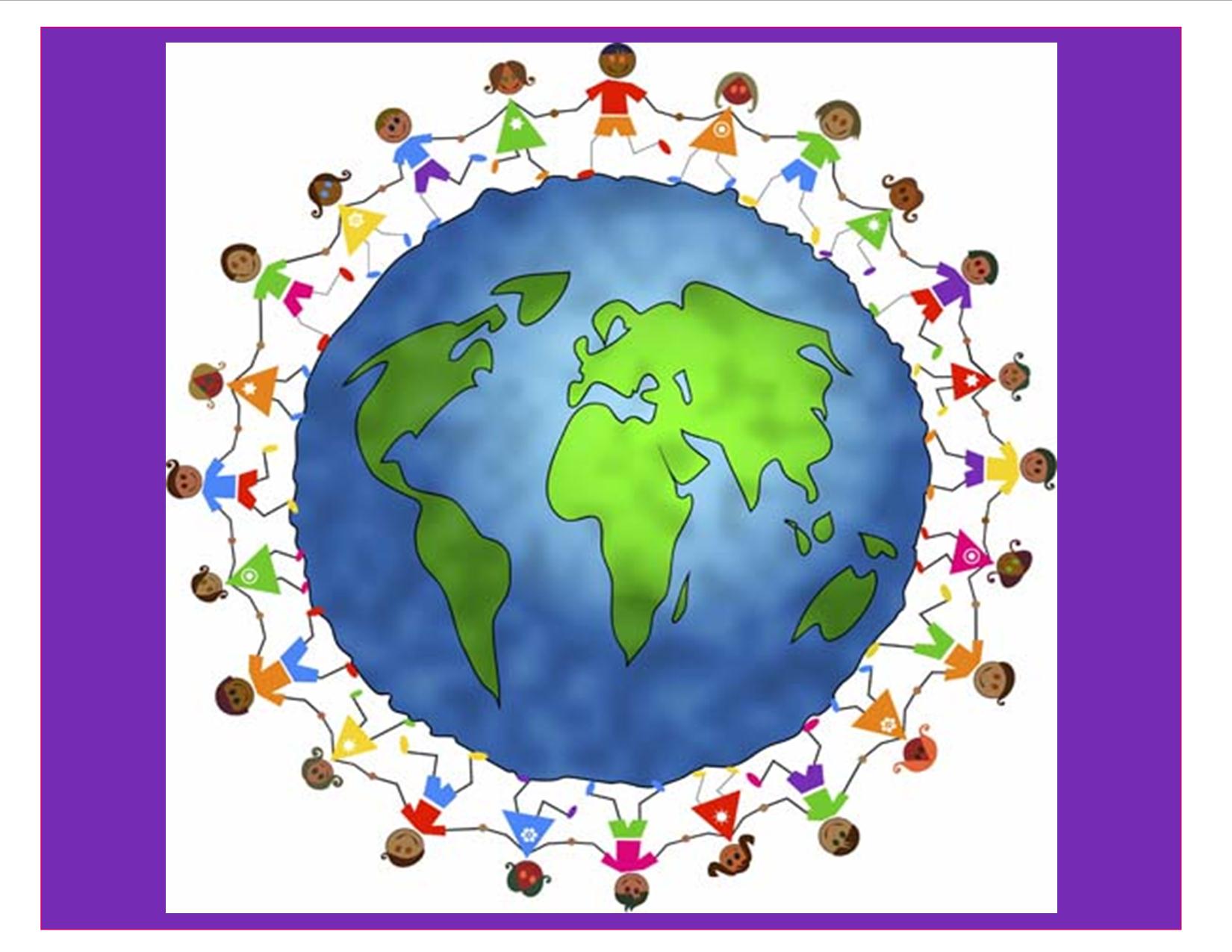- What is culture and what are some major aspects of culture?
Culture is the characteristics that make up a group of people based on their world view. Some of the characteristics are things such as morals, beliefs, gender, age, political views, socioeconomic status, and experiences of each individual. Any commonality that brings people together.
http://www.youtube.com/watch?v=57KW6RO8Rcs
http://www.youtube.com/watch?v=57KW6RO8Rcs
- What is multicultural education? What are the goals of multicultural education?
Multicultural education is a way of teaching that brings each student's cultures into the classroom and the curriculum, and promotes diversity. Multicultural education strives to make sure each child's culture is made important in the classroom. Children learn better when they can relate the concepts to their own lives. Multicultural education promotes respect and appreciation for diversity.


- How does multicultural education reflect responsive teaching to help meet the academic needs of diverse student populations?
It is no secret that our society is changing very rapidly. Many different ethnicities are now represented in our classrooms. Teachers should be taking advantage of such a wonderful opportunity to expand their curriculum to encompass this diversity. Curriculum in the past has been very narrow and one sided. With all of the diversity in the classroom now our curriculum needs to change just as demographics have changed. When children feel that their culture and life is important and special they tend to succeed. If their culture is never mentioned in the classroom think of how secluded they would feel. It is so important that teachers begin to talk about diversity and appreciate it. Student's need to know about others cultures and learn how to relate to them.

- How can multicultural education affect broader social issues that impact our society? (e.g. intercultural communication/relations, prejudice, stereotypes, crime & poverty rates, achievement gaps, etc.)
If students are taught from the very beginning that diversity is something to be treasured and not feared then I think things such as prejudice and stereotypes would go down a lot. Children who grow up and have learned how to relate and understand people who are different than them, will succeed in life. Children who never feel that their way of life is important and cherished more than likely will never do well in school. It is these children who don't go to college and end up in poverty or have turned to a criminal lifestyle. Teachers need to find a way to make each child care about school. Children usually care about things that are important in their lives. Achievement gaps will get smaller if teachers can find a way to include each child in their curriculum and apply it to their lives.
http://www.youtube.com/watch?v=RjqB21rnYfE
http://www.youtube.com/watch?v=RjqB21rnYfE
- What other significant insight(s) have you gained and how will this insight impact your personal/professional life?
I have learned a lot about how to use children's literature in the classroom to talk about diversity. I didn't experience this very much while I was in school. When I have my own classroom I will make sure that my personal library is stocked full of books about all sorts of cultures. Every year I'll pick a few out that would pertain well to my class that year and do some sort of project with them. There is so much that we can learn from each other and I'm sure my students will teach me a lot about their cultures as well.
http://www.youtube.com/watch?v=UhGsy3QUSow
The song that I chose is called Everyday People by Sly and & The Family Stone. I picked it because it talks about how everyone is different but we still have to live together. Even though we all may be apart of different cultures we are still just "everyday people" living our lives.
http://www.youtube.com/watch?v=pMISZKff3m0
http://www.youtube.com/watch?v=UhGsy3QUSow
The song that I chose is called Everyday People by Sly and & The Family Stone. I picked it because it talks about how everyone is different but we still have to live together. Even though we all may be apart of different cultures we are still just "everyday people" living our lives.
http://www.youtube.com/watch?v=pMISZKff3m0